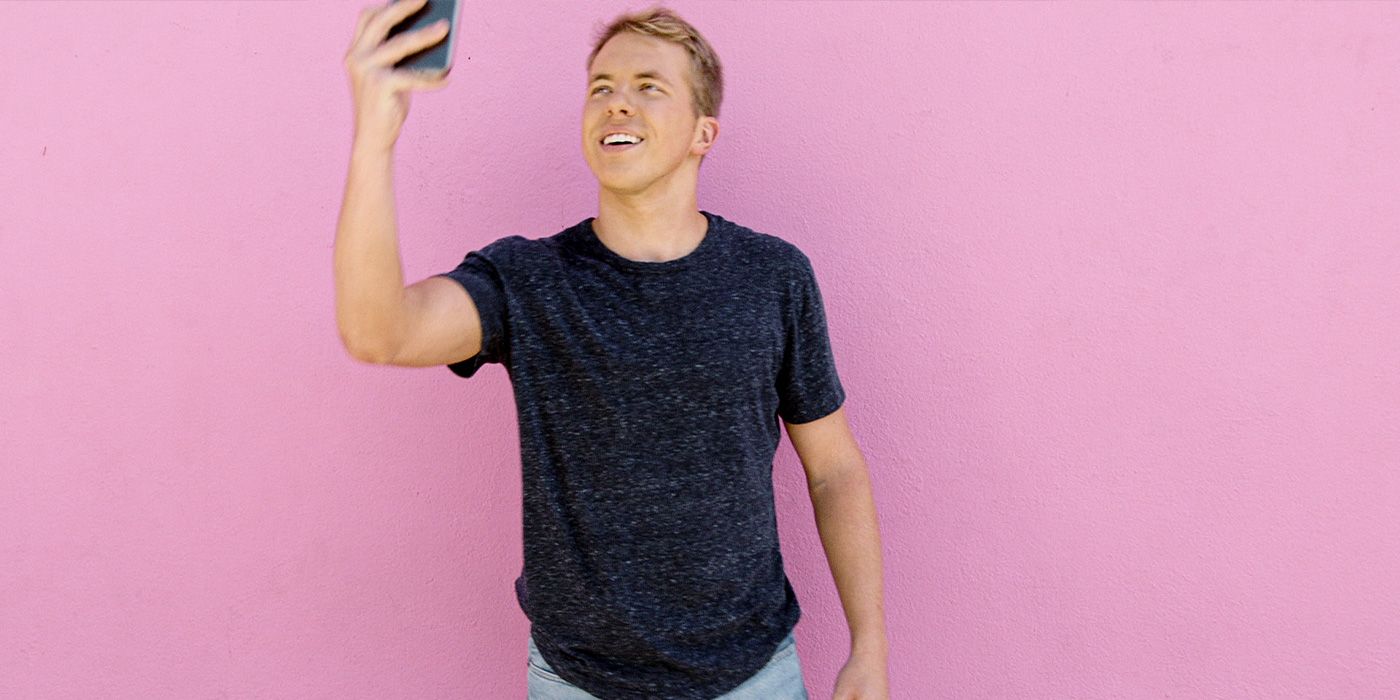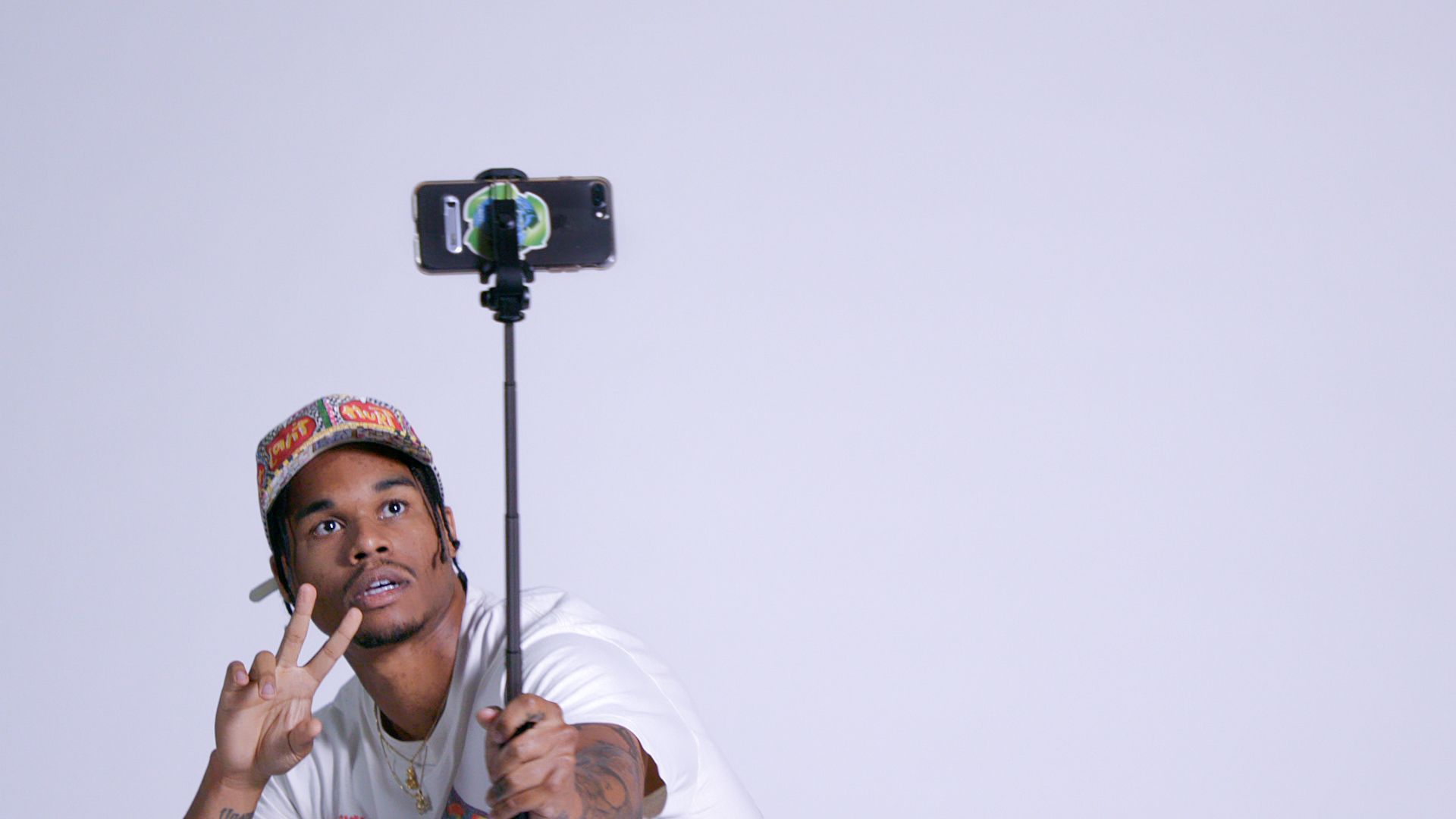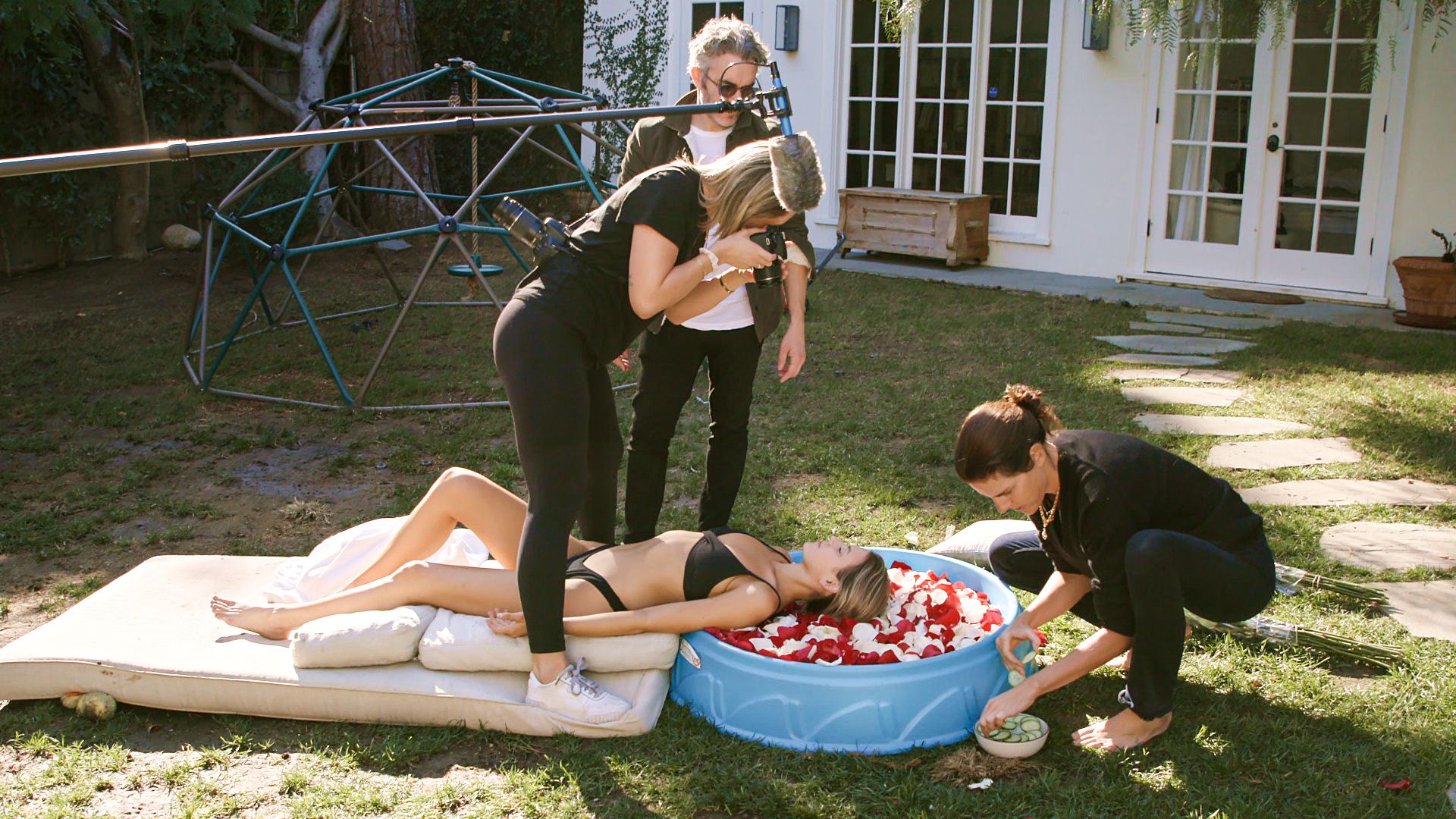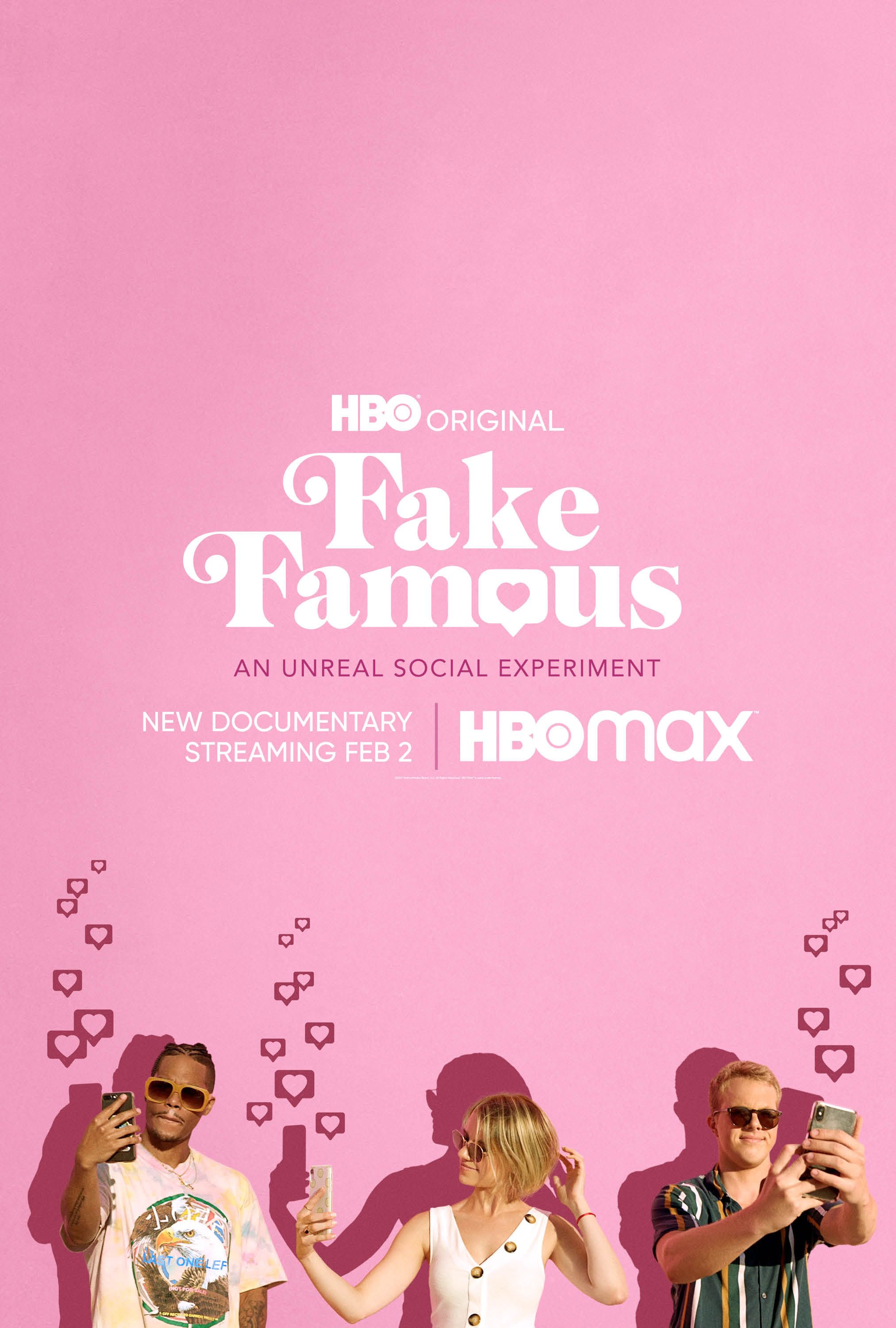A documentary exploring how young people are desperate to be famous and will chase that fame on social media platforms seems ripe for a dark, bleak narrative, and yet director Nick Bilton didn’t really find that in his movie Fake Famous. A technology journalist making his feature debut, Bilton decided to explore what “fame” means in the age of social media, and why so many are coveting that fame when what qualifies as success can be easily manipulated through widely available tools. Through three protagonists, Bilton wryly shows the emptiness of a perfect Instagram life and perhaps provides a worthwhile lesson to wannabe influencers that the Internet fame game isn’t all it’s cracked up to be.
Bilton sets out to create a social experiment. He has a casting call where about 4,000 wannabe famous people show up (mostly people who are model/actors), and he whittles that down to three subjects. There’s Dominique Druckman, who’s an actress working in retail, fashion designer Chris Bailey who also works in retail, and Wylie Heiner, who doesn’t seem to have a personal career goal, but doesn’t really like this current job working as a personal assistant to a real estate developer. Bilton then sets to making each of them “fake famous”, first by buying followers and then by purchasing fake engagement from these bot armies. He also stages photo shoots to give followers (both real and fake) a look at a glamorous lifestyle. Bilton’s hypothesis is that these three people will obtain influencer status, which will in turn yield tangible results like free products and even expensive paid vacations.
My personal hypothesis was that this taste of fame, no matter how artificial, would turn these three regular people into total monsters, and to my great relief, that’s not what happened. Dominique, Chris, and Wylie are basically just people in the early 20s—they want to be famous because they’ve been told that fame is good, and now through their phones they’re getting a constant stream of influencers showing off a lavish lifestyle that’s the result of being “famous” through no accomplishment other than amassing follows, likes, and engagement. All three protagonists seem to be kind of in on the joke, but they also come to three different realizations about the social media economy.
For Bilton, his larger point is how artificial the whole structure is and that there are no incentives to create anything past the artifice. To provide an example of how bizarre this whole endeavor is, Bilton buys bots to increase follows and engagement to create the appearance that his subjects are real influencers. This leads to real rewards like companies wanting to use these influencers to sell their products. But a substantial portion of the followers are bots, and the software meant to call that out is apparently also fraudulent, so there’s no way for companies to know if these influencers are having a real impact in hocking products despite the exorbitant costs wooing these influencers. To put it another way, a company will spend thousands of dollars to ask Dominique to sell some fashion or jewelry, and Dominique will do it and it’s being sold to an audience primarily composed of bots. In some ways, it’s very Black Mirror, but in other ways it’s kind of silly where the real victims are the PR firms and companies so desperate to make a sale that they can’t even distinguish if their potential customers are real or fake anymore.
To Bilton’s credit, he also acknowledges that the influencer culture is not just one thing, and that while it may be built on dubious engagement, there are other times where activists have used the platform to try and effect change. Furthermore, why it’s sad that so many young people want to be famous, there’s a “same as it ever was” element to that desperation. An early chart shows that young people in previous decades wanted to grow up to be pro athletes, but I’m willing to be that a part of that desire was that pro athletes are famous and well paid, and now there’s a way to be famous and well paid without having to be athletic. Yes, there are obvious dead ends here where we have to reckon with self-obsession and the constant need to create a feeling of inadequacy in others to justify our own existence, but Fake Famous wisely sidesteps those questions of existential dread since it would only be a rabbit hole into total despair.
The trick of Fake Famous is that it isn’t trying to bum its audience out, but rather educate them on how there’s really no need to chase Internet fame because it’s simply is not real. While you may be able to squeeze some swag out of it, but to attempt life an influencer is full-time job and one that seems fairly unrewarding if you’re constantly having to promote the fruits of your labor. Hopefully, Fake Famous may serve as a wakeup call to younger viewers by showing that while social media can be fun, once you peek behind the curtain, fame is not only fleeting, but in the 21st century, it can be completely artificial.
Rating: B+




